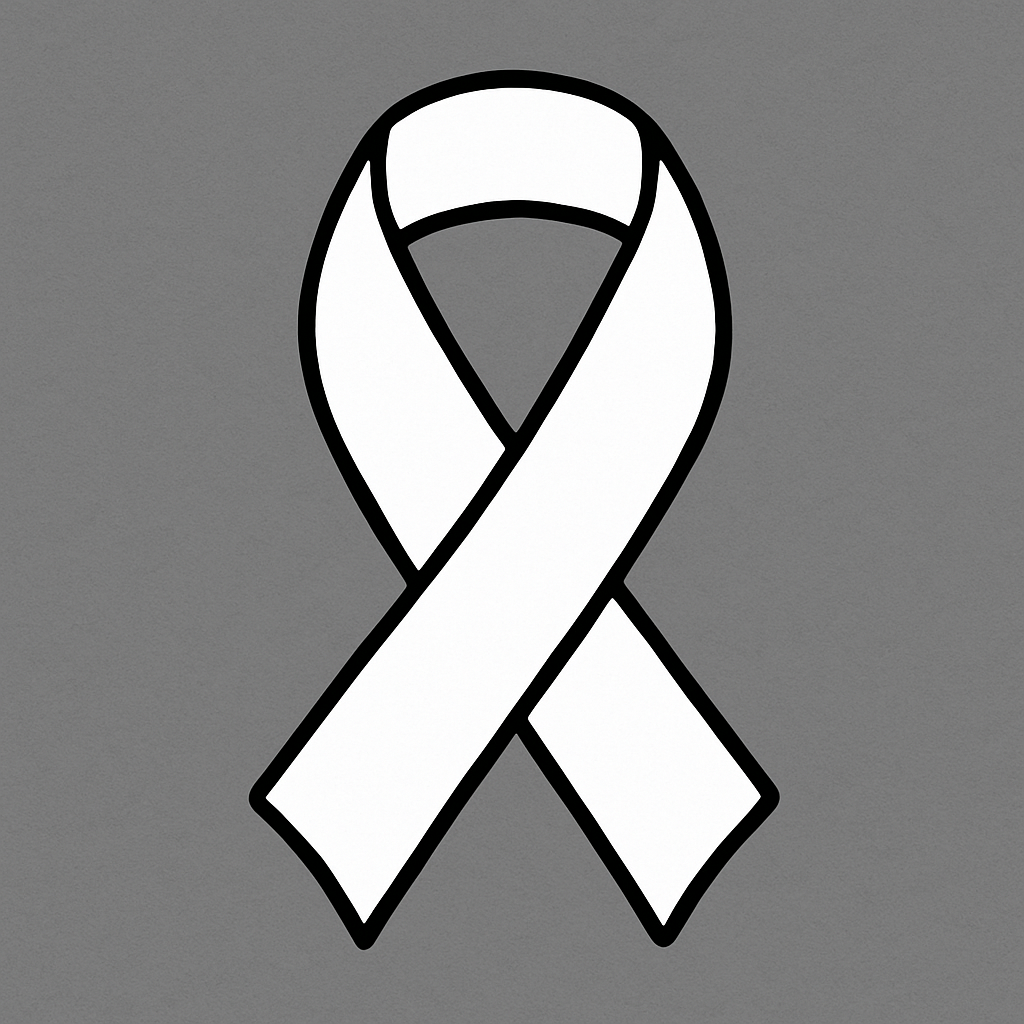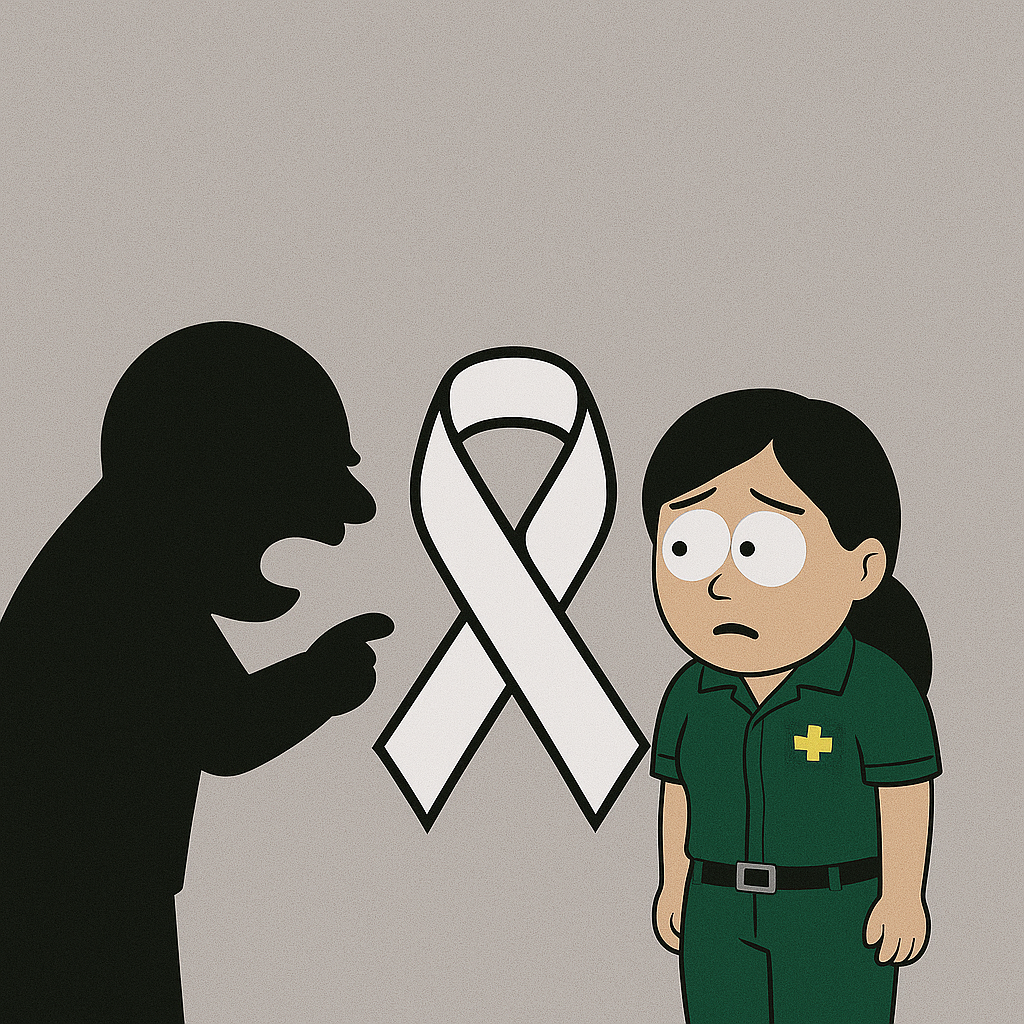🚑 Ambulance Services: When Systems Protects Optics, Not Women

The Betrayal Behind the Uniform
In the past six years, UK ambulance services have repeatedly been exposed for failing to protect female staff from harassment, humiliation, and verbal abuse. From tribunal hearings to national reviews, the evidence tells a grim story: women speak up, and HR departments respond with delay, denial, or deflection.
Too often, the HR script is not about safeguarding the victim but softening the perpetrator: “He’s really sorry” (sic!). This line is delivered as if it were resolution, as though a whispered apology outweighs the humiliation of being shouted at or demeaned in uniform. One reframed sentence, and the case is quietly filed away under “resolved.” And here lies the shameful truth: whether the abuse is sexual or verbal, the failure to act is the same betrayal. It does not matter whether the abuse comes as a tirade, a sexist comment, or an explicit message—if HR reframes it as “not that bad” and protects reputations instead of people, women are left vulnerable and the culture rots
The Welsh Tribunal: The “Sexy Cat Lady” Case
In August 2024, a tribunal against the Welsh Ambulance Service recorded shocking details of everyday sexism.
A female worker testified she was called:
“a little sexy cat lady” and told to “come on, give us a photo of you in a bikini.”
When she reported it, the tribunal noted:
“Rather than conduct any form of investigation, management arranged a ‘facilitated conversation’ between the parties.”
Her grievance was not acknowledged “for some considerable time,” and when it was, the process “was not in accordance with policy.”
(Employment Tribunal Judgment ET/1600802/2020, Welsh Ambulance Service, Aug 2024.)

NoMoreOptics comment:This wasn’t HR—it was amateur speed dating with a clipboard.
East of England: Only the Law Forced Change
The Equality and Human Rights Commission intervened at East of England Ambulance Service in 2021, forcing the trust to sign a legally binding agreement after finding:
> “We found evidence that staff were not adequately protected from sexual harassment, and that complaints were not dealt with effectively.”
(Equality and Human Rights Commission. Agreement with East of England Ambulance Service NHS Trust on sexual harassment handling. Apr 28, 2021)

NoMoreOptics comment: HR had to be treated like a sulky teenager—only cleaning their room after being forced to sign a contract.
Harassment Rewarded with Promotion
In 2024, Sky News interviewed female paramedics across multiple UK trusts.
One described:
“Incessant comments, messages and pressure – it was relentless.”
Another said she reported a colleague who sent her a sexually explicit video. The outcome?
“Months later, I discovered he had been promoted.”
(Sky News. ‘Incessant comments, relentless harassment’: Female paramedics speak out. Feb 2024.)

NoMoreOptics comment: In HR’s twisted logic, that looks like a creativity bonus.
HR’s Dirty Trick: From Abuse to “Not That Bad”
Across ambulance services and the NHS, another theme emerges: when managers shout at, belittle, or humiliate staff—often women—the behaviour is minimised.
A tirade becomes “robust feedback.”
Public humiliation is reframed as a “difference in communication style.”
Intimidation is disguised as a “learning opportunity.”
And when all else fails, the trump card: “He’s really sorry” (sic!).
The UNISON workplace culture review (2018) into South Western Ambulance Service found bullying staff were often “let off the hook” with token training. The National Guardian’s Office (2023) reported that ambulance trust cases were delayed, diluted, or reframed until their seriousness disappeared. The University Hospitals Sussex review (2025) described staff being “ridiculed or gaslit” when raising concerns, made to feel that they were the problem.
(UNISON. Workplace Culture at South Western Ambulance NHS Foundation Trust. 2018.)
Shouting → “leadership style.”
Harassment → “banter.”
Humiliation → “miscommunication.”
Apologies → “closure” (sic!).
The result? Sheep-like staff pushed back into line, told not to make a fuss, while the wolves keep their polished badges.

NoMoreOptics comment: If this were patient care, it would be malpractice. But in HR-land, it’s “best practice.”
Trainee Paramedics: Punished for Speaking Up
A confidential NHS review, revealed by The Independent in March 2024, found trainees were not protected.
One female student who reported harassment was moved stations, while the mentor she complained about immediately received another student.
In other cases, complaints were not taken forward because perpetrators were described as “set in their ways.”
( The Independent. NHS failing to protect student paramedics from bullying and harassment, review finds. Mar 19, 2024.)

NoMoreOptics comment: HR’s definition of “zero tolerance” seems to mean zero tolerance for women who stay put after speaking up.
Culture Reviews: HR as Optics Engineers
The National Guardian’s Office Speak Up Review (2023) warned:
“Cases were not always handled in line with policies. Some staff described long delays, breaches of confidentiality, or feeling victimised after speaking up.”
(National Guardian’s Office. Speak Up Review of Ambulance Trusts. Feb 2023.)
The NHS England Culture Review (2024) concluded:
“Bullying, harassment and discrimination, including sexual harassment, are deeply rooted and normalised within ambulance service culture.”
.(NHS England. Independent Culture Review of Ambulance Services. Feb 2024.)

NoMoreOptics comment: If paramedics treated cardiac arrest like they treat harassment…………….

